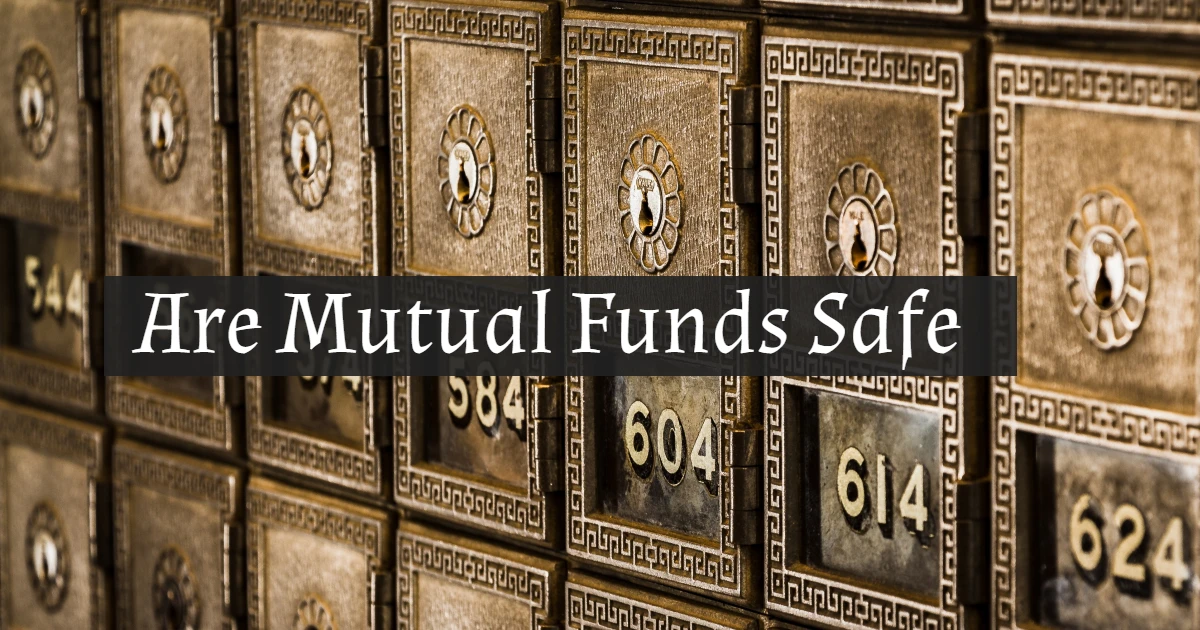Mutual funds are a popular way to diversify your portfolio and grow your wealth, but safety is a major concern. This article explores the risks and benefits of mutual funds to help you make informed investment decisions.
All investments carry some level of risk. Stocks and mutual funds can be more volatile due to market changes, while bonds offer lower risk but potentially lower returns.
Understanding Your Risk Tolerance
Before investing, assess your risk tolerance. Consider your age, financial goals, and comfort with potential losses. Those with a higher tolerance can handle investments with potentially higher returns but also higher risk.
Diversification: Spreading Your Eggs
Remember, no investment is risk-free. Diversification across different asset classes (like stocks and bonds) helps spread risk and potentially improve returns.
Mutual Fund Risks: What to Watch Out For
Mutual funds have their own risks. The value can fluctuate based on the underlying investments. Market risk, interest rate risk, and inflation risk are all factors to consider.
The Safety Advantage of Mutual Funds
Despite these risks, mutual funds are generally considered less risky than individual stocks or bonds. This is because they pool your money with other investors, giving you instant diversification.
So, Are Mutual Funds Safe?
It depends on the specific fund and your risk tolerance. Here’s what to keep in mind:
- No Guaranteed Returns: Mutual funds don’t guarantee profits. Even dividend payouts can change or stop depending on market conditions.
- No Capital Protection: Unlike some fixed-income investments, mutual funds don’t guarantee your initial investment amount.
Investing Wisely with Mutual Funds
While risk is inherent, you can minimize it with these tips:
- Diversify Your Portfolio: Invest in a variety of mutual funds across different asset classes.
- Invest for the Long Term: Mutual funds are best for long-term goals. Holding them through market fluctuations can smooth out returns.
- Choose Reputable Funds: Look for funds with a strong track record, experienced management, and a clear investment strategy.
- Stay Informed: Regularly monitor your funds’ performance and any changes in management or strategy.
By understanding the risks and taking these steps, mutual funds can be a valuable tool for growing your wealth while managing risk.



